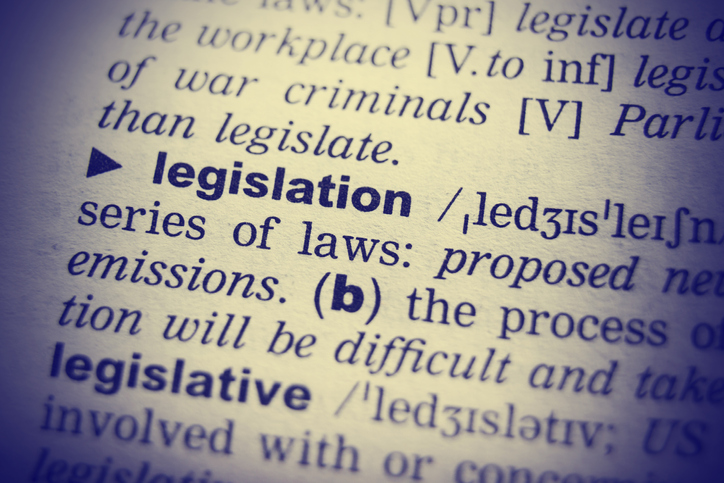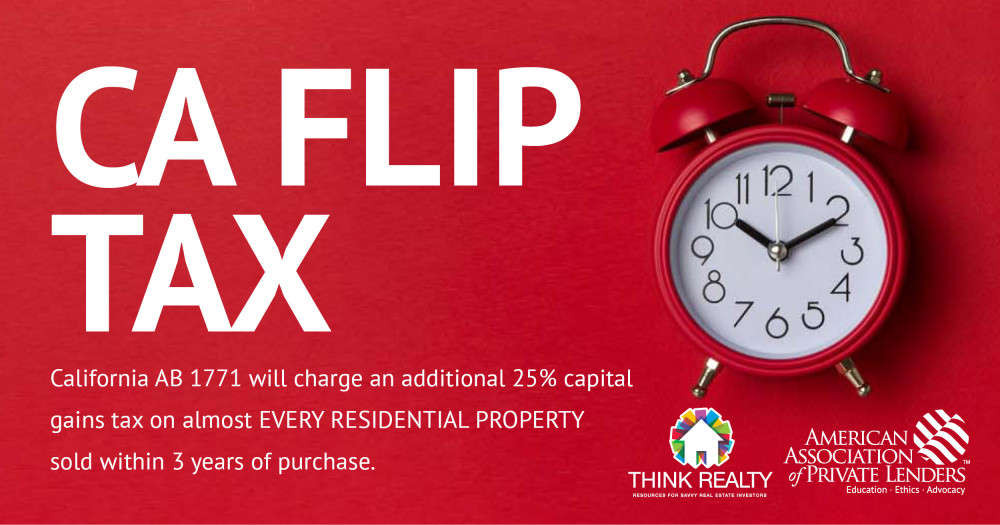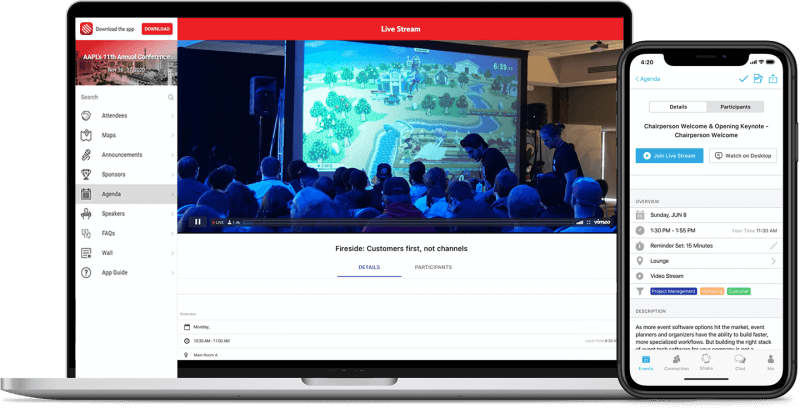AAPL sends letter to Congress urging definition change that exempts business-purpose loans.
Effective Jan. 1, 2018, Congress enacted new Home Mortgage Disclosure Act rules requiring most private lenders to furnish a 110-data-point Loan Activity Report to the Consumer Financial Protection Bureau (CFPB) for each residential mortgage loan application taken, regardless of a loan’s business or consumer purpose.
Since then, AAPL has been communicating regularly with Congress and the CFPB, including meeting with congressional staff and CFPB leadership. Upon request, we submitted formal comments on the effectiveness of coverage, data points, disclosure requirements, and operational and compliance costs.
This year for our annual Day on the Hill advocacy outreach efforts, we took things a step further: We hope to work closely with policymakers to enact a simple definition change that not only aligns HMDA with precedent regulation but exempts business-purpose loans from HMDA reporting requirements entirely. Here is the letter we sent to our Capitol Hill contact as a summary and follow-up to that meeting.
We hope to have more to update in the coming months, and we remind our constituents that change is often a long road.
November 14, 2022
Senator Thom Tillis
113 Dirksen Senate Office Building
Washington, DC 20510
RE: 12 U.S.C. 2802(2) definition of a mortgage loan in the Home Mortgage Disclosure Act
Dear Senator Thom Tillis,
We are writing on behalf of the American Association of Private Lenders (AAPL). AAPL is the oldest and largest trade association for private lending professionals and represents more than 650 small-business members that make non-consumer loans secured by real estate.
These loans primarily go to other small businesses to return distressed property to the market, revitalize aging housing stock, increase affordable housing inventory, and support local jobs. Banks do not generally fund these kinds of loans due to a combination of regulation and risk, so our industry fills a crucial gap.
Earlier this year, we met with a member of your staff regarding the Home Mortgage Disclosure Act (HMDA), where we discussed the Act’s burden on our membership and industry. At the conclusion of that meeting, your representative indicated it would be helpful for us to provide specific language on our requested change for possible inclusion in a bill. We greatly appreciate the opportunity not only to meet with your representative, but to work together to reduce regulatory burden while improving the accuracy and fairness of HMDA compliance.
We request that Congress enact the following underlined addition to 12 U.S.C. 2802(2)’s definition of a mortgage loan:
the term “mortgage loan” means a loan which is secured by residential real property or a home improvement loan made primarily for personal, family, or household purposes
The requested addition follows precedent language in the Truth in Lending Act (TILA) and the Real Estate Settlement Procedures Act (RESPA), which define credit transactions as “credit offered or extended to a consumer primarily for personal, family, or household purposes [12 C.F.R. 1024 et seq.].
We request this change because under the current definition of a mortgage loan, the Home Mortgage Disclosure Act requires small-business private lenders that transact non-consumer mortgage loans to submit information to the Consumer Financial Protection Bureau. Much of this information is not applicable to this type of loan and represents a significant compliance and operational cost burden.
- HMDA was enacted to address concerns that financial institutions had contributed to the decline of some neighborhoods by failing to provide adequate home financing. It was intended to gather data to aid public officials in targeting public investment where it was needed most. It is a law that relies upon public scrutiny for effectiveness.
- HMDA requires financial institutions to compile and transmit over 110 data points (age, race, ethnicity, etc.) for each residential mortgage application processed on an annual basis.
- Lenders are subject to the regulation based on the type of property, rather than purpose of the loan or the borrower. As a result, both business-purpose and consumer loans are subject to HMDA reporting.
- Private Lenders make business-purpose loans, usually to business entities, and are not in the business of making consumer residential mortgage loans. The required data points are largely irrelevant to their loans.
- In our dialogue with the CFPB, representatives told us that because Congress defined a mortgage loan more broadly in HMDA than precedent regulation, it signaled a broader scope of CFPB oversight. Congress must revise the definition for any change.
As small businesses, private lenders feel the additional operational cost keenly. The CFPB’s 2020 HMDA “Small Entity Compliance Guide” is 132 pages and still includes links to additional explanatory/clarifying documentation. This represents the compliance requirement for just one regulation amid many to which lenders are subject.
Even the CFPB has recognized that the opaqueness of its rules represents a significantly greater burden on small businesses than it does institutional lenders. CFPB Director Rohit Chopra wrote in his June 2022 “Rethinking the approach to regulations” letter:
… unnecessarily complex guidance and rules impede consumer protection, and instead simply increases compliance costs, which benefits larger market players and their high-priced lawyers. Unnecessary complexity places new entrants and small firms at a disadvantage compared to their larger competitors.”
Additionally, HMDA is a bright line example of unequal application of the law: certain minimum transaction threshold exemptions apply to some lenders (depository institutions) but not others (non-depository private lenders). There is no published reasoning on why this is. But it serves to punish small business private lenders with more red tape and time-consuming/costly compliance.
Finally, HMDA’s inclusion of non-consumer loan reporting requirements hits another mark on impeding consumer protection: because the report contains no method to indicate a loan is not a consumer loan, these loans skew the results, regardless of the intent behind gathering non-consumer loan data. Private lenders expend a significant outlay to comply with complex guidance and rules, only for their good faith compliance to negatively impact the accuracy of the CFPB’s data set.
In summary, we would like to see HMDA align with TILA, RESPA, and the SAFE Act in its definition of a mortgage loan to:
- More properly solely regulate consumer loan reporting to the Consumer Financial Protection Bureau.
- Release our membership from a burden that even the CFPB recognizes creates an unfair disadvantage.
- Increase the accuracy of HMDA reporting by removing uncategorized non-consumer loan information.
Sincerely,














Leave A Comment